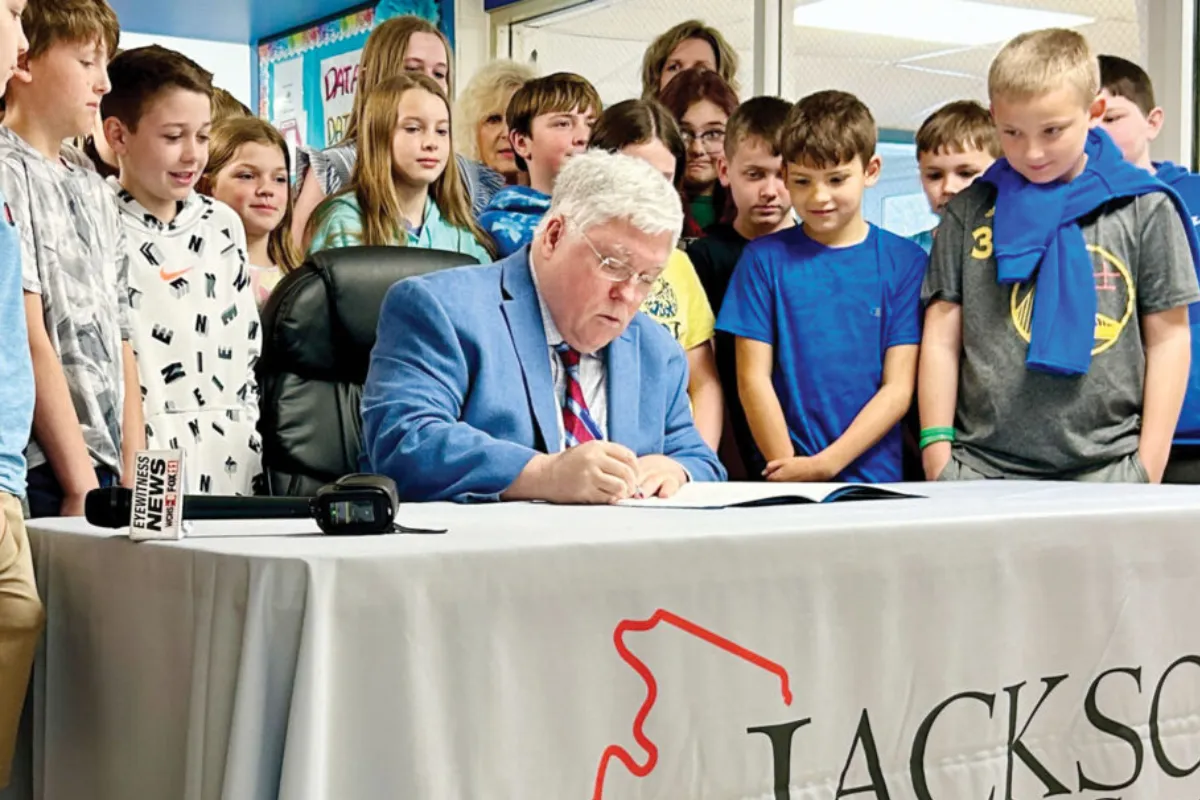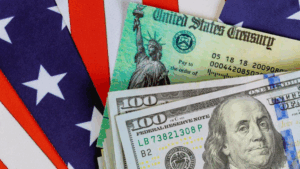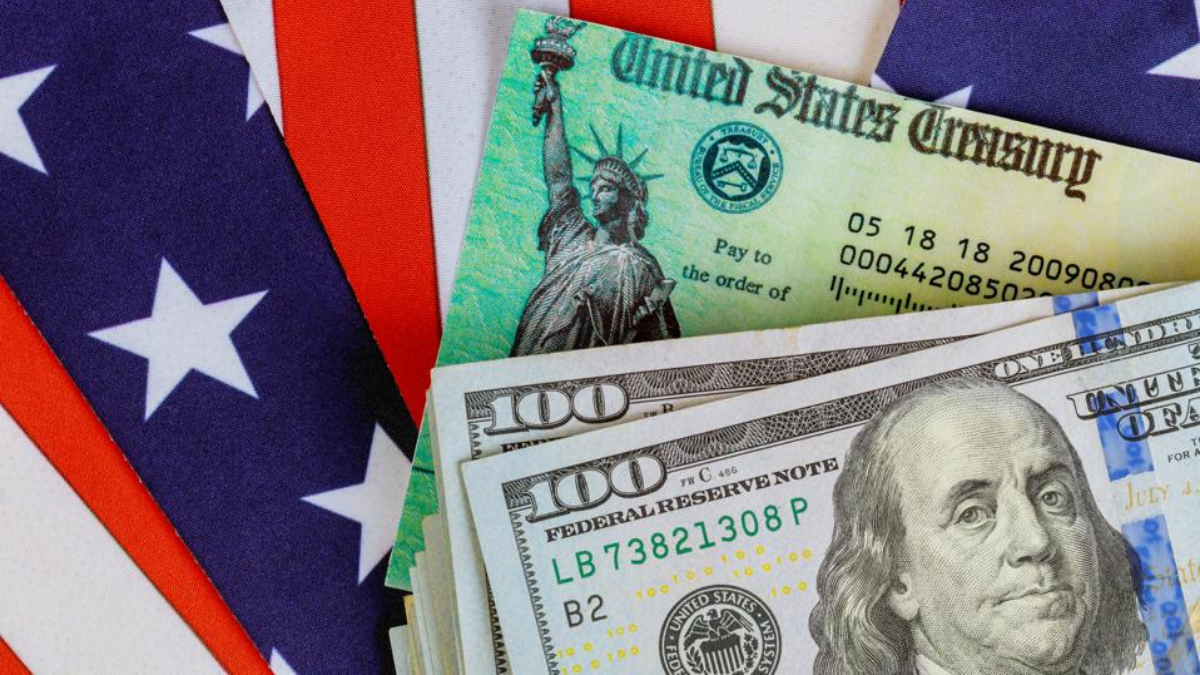West Virginia Governor Patrick Morrisey is nearing a critical deadline to decide the fate of the final 40 bills passed by the Legislature during the 2025 regular session. With Wednesday as the cutoff, he can sign, veto, or allow these bills to become law without his signature.
Between February 12 and April 12, state lawmakers passed a total of 249 bills. As of Monday morning, Morrisey had signed 84 of them according to the Legislature’s public records. However, the governor shared on social media that he’s approved a total of 161 bills, some of which are still pending official filing.
“After many days of reviewing bills, we are near the end of the review process,” Morrisey posted online. “The final 40 bills are under close review, as we continue to research them.”
When the legislative session is over, governors have 15 days (excluding Sundays) to act on bills. For budget-related legislation, the deadline is shorter—only five days to sign or veto.
Among the bills already signed is Senate Bill 456, the Riley Gaines Act, which defines “male” and “female” in state code and protects single-sex spaces. Morrisey signed this bill in a packed ceremony at the Governor’s Reception Room.
He also signed House Bill 2354, banning certain food additives and dyes, such as Red Dye No. 3 and Yellow Dye No. 5. This law goes into effect for general food products on January 1, 2028, and for school food by August. Morrisey held a press event in Martinsburg with U.S. Department of Health and Human Services Secretary Robert F. Kennedy Jr. to promote the measure.
Other signed bills include:
- Senate Bill 458: Universal Professional and Occupational Licensing Act
- Senate Bill 199: Focused on elementary school behavior intervention and safety
- Senate Bill 196 (Lauren’s Law): Increases penalties for fentanyl-related drug crimes
- House Bills 2067, 3342, and Senate Bill 270: Expanding gun rights and protections
Still pending are several high-profile proposals introduced by the governor himself:
- House Bill 2002: Aims to streamline permits for infrastructure and energy projects
- House Bill 2003: Would prohibit cell phone use in K-12 schools
- House Bills 2008, 2009, 2013: Propose agency restructuring and new rules for state workers
- House Bill 2014: Seeks to attract tech investment through data centers and microgrids
So far, Morrisey has only vetoed one bill outright—a package of election rule updates—but the Legislature quickly corrected the issue and passed a revised version. However, he exercised his line-item veto power 29 times on the state’s main budget bill, House Bill 2026, reducing spending by $37.7 million. This brought the general revenue budget down to $5.280 billion, leaving $42 million unallocated.
He also slashed surplus fund spending from $210 million to $100 million. That money, if available, will be allocated to road maintenance and paving through the Division of Highways.
Morrisey said his decisions on the remaining bills will heavily weigh the financial impact on taxpayers.
“For the future, folks should know that if your bill costs taxpayers money and you haven’t provided an offset, the odds of your initiative getting approved will be slim,” Morrisey wrote on social media. “Taxpayers must be respected!”
With budget concerns looming—like changes to Medicaid and rising healthcare costs for public employees—Morrisey’s fiscal caution signals a tighter grip on spending in West Virginia’s future.










